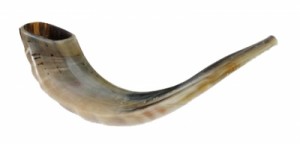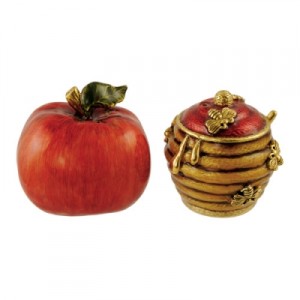Have you ever made a big mistake that hurts another person and then weighs on your heart like a stone? It nags and niggles, and won’t go away – until the moment you admit what you’ve done to the person and said, “I’m sorry.”
Suddenly the load is lifted from your shoulders. You’re re-energized, refreshed, and ready to move on to new challenges.

The fathers of the Jewish religion were wise enough to see the power of unburdening ourselves from our mistakes. We do this every year during Rosh Hashanah, which begins our Ten Days of Repentance leading up to Yom Kippur, the Day of Atonement, and our High Holiday season.
During the two days of Rosh Hashanah, we spend the better part of the time in the synagogue. Each day we hear one hundred blasts of the shofar, an instrument made of a ram’s horn, to remind us to reflect and repent for any wrongs we’ve committed over the past year.
We say special prayers, such as Zikhronot, which presents God as one who remembers past deeds, and Shofarot, which has us humbled and concerned about our fate as sinners.
As with every major Jewish holiday, we recite Kiddush over wine and bless our bread after candle lighting and prayers.

Another custom is eating apple slices dipped in honey to represent our hope for a sweet and abundant new year. We begin the ritual with this prayer: May it be Thy will, O Lord, Our God, to grant us a year that is good and sweet.
We also dip pieces of challah in honey, which is braided, except for Rosh Hashanah, where it’s made in a round loaf to symbolize the eternal cycle of life.
During the first afternoon of Rosh Hashanah, we practice Tashlikh, which means “casting off.” This ritual takes us to any nearby body of water where we empty our pockets, filled with small chunks of bread – as a symbol of casting off our sins. Part of the accompanying prayer goes like this: And You shall cast their sins into the depths of the sea.
These are just a few of our Rosh Hashanah practices. Almost every Jewish person I know welcomes this holiday as a season to wipe the slate clean and begin a new year with a light heart and a clear conscience.

